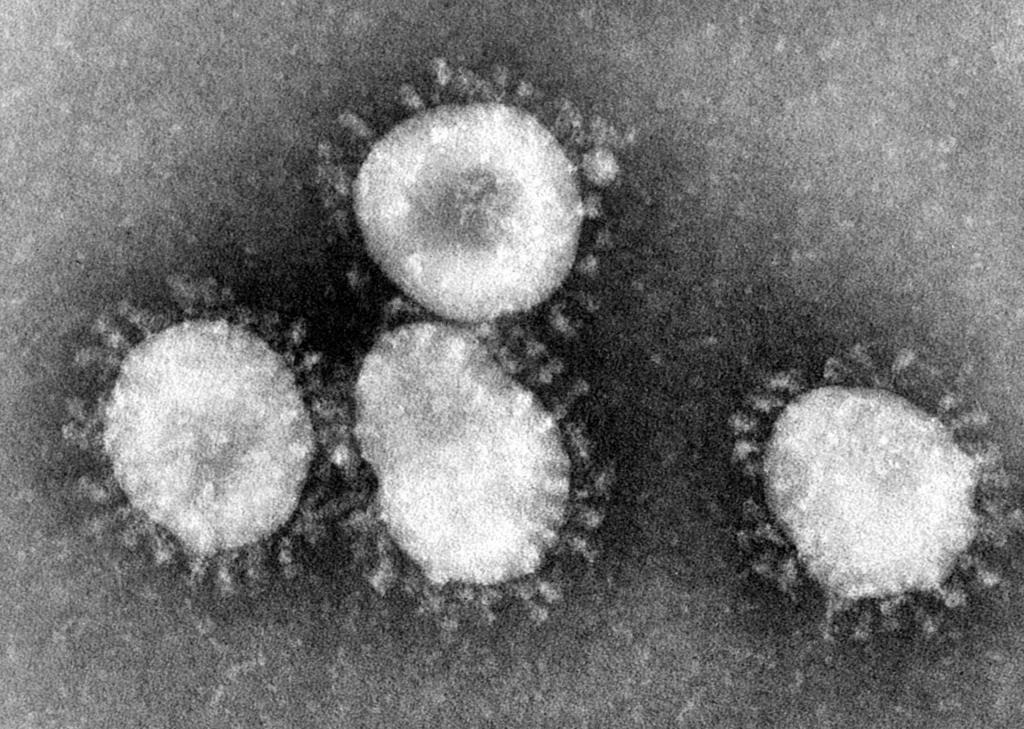The Coronavirus Disease
As we have seen lately, Coronavirus has been everywhere, especially through social networks. This has led us to a state of worldwide panic and has brought many problems around the world, especially racist problems.
What is Coronavirus (COVID-19)?
A virus as such is an infectious agent smaller than a bacterium that lives from an organism and depends on its cells to survive.
Like many diseases, and viruses, the name comes out of its genetic structure. Corona is crown in Spanish. So, as we see in the image below, since the coronavirus is shaped like a crown, it was given that name.
Coronavirus is a family of viruses, not just one. Said by the Centers for Disease Control and Prevention:
“There are four main sub-groupings of coronaviruses, known as alpha, beta, gamma, and delta. The best known are:
229E (alpha coronavirus)
NL63 (alpha coronavirus)
OC43 (beta coronavirus)
HKU1 (beta coronavirus)
SARS-CoV-2 (Known as the 2019 Coronavirus)

By Photo Credit: Content Providers(s): CDC/Dr. Fred Murphy
How did it begin?
In general, the coronavirus family of viruses was identified in the 1960s Coronavirus began in Wuhan, China at the end of 2019 and increased in January 2020. This prevented them from celebrating one of their biggest holidays, the Chinese New Year. Initially, it all started with an obscene number of patients in hospitals diagnosed with Pneumonia, but by this time it was not known that it was a virus.
What was the first death?
The first reported death was the owner of a business, which already had health problems, where it is estimated that the virus originated. As of March 10, 2020, 4,087 deaths were reported.
What are the symptoms?
Although the virus has been seen as a deadly enemy through social networks, it is not as serious as many other diseases that are much more common and serious.
The most common symptoms, said by John Hopkins Medicine, are:
Cough
Fever
Shortness of breath

“In rare cases, COVID-19 can lead to severe respiratory problems, kidney failure or death.” (John Hopkins Medicine)
Cases of death have been people who already had a very weak immune system or very old and sick people.
How are people with the coronavirus treated?
At the moment, there are no vaccines or any medicine to prevent this. Patients have been placed in quarantine and in hospitals, or in their homes, strictly isolated from society until cured.
How to take care of yourself
John Hopkins Medicine mentions that the best way to prevent this is:
1. Washing your hands frequently and thoroughly for at least 20 seconds. Use alcohol-based hand sanitizer if soap and water aren’t available.
2. Cover coughs and sneezes with a tissue, then throw the tissue in the trash.
3. Avoid touching your eyes, nose or mouth with unwashed hands.
4. Stay home when you are sick.
5. Clean and disinfect surfaces and objects people frequently touch.
In general, viruses are deadly and many of us have been given some. The important thing is to be aware and take great care so we can improve the world situation.
References:
https://www.hopkinsmedicine.org/health/conditions-and-diseases/coronavirus


